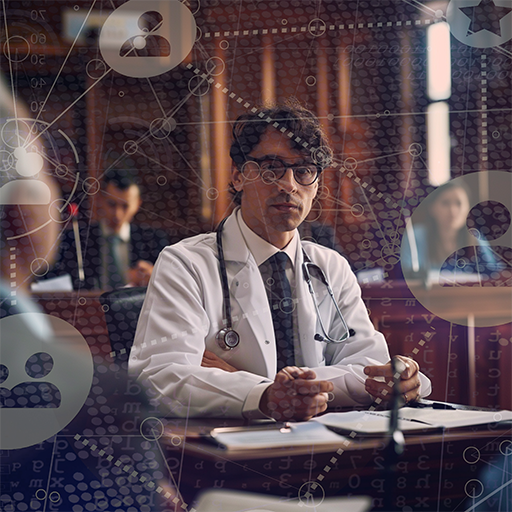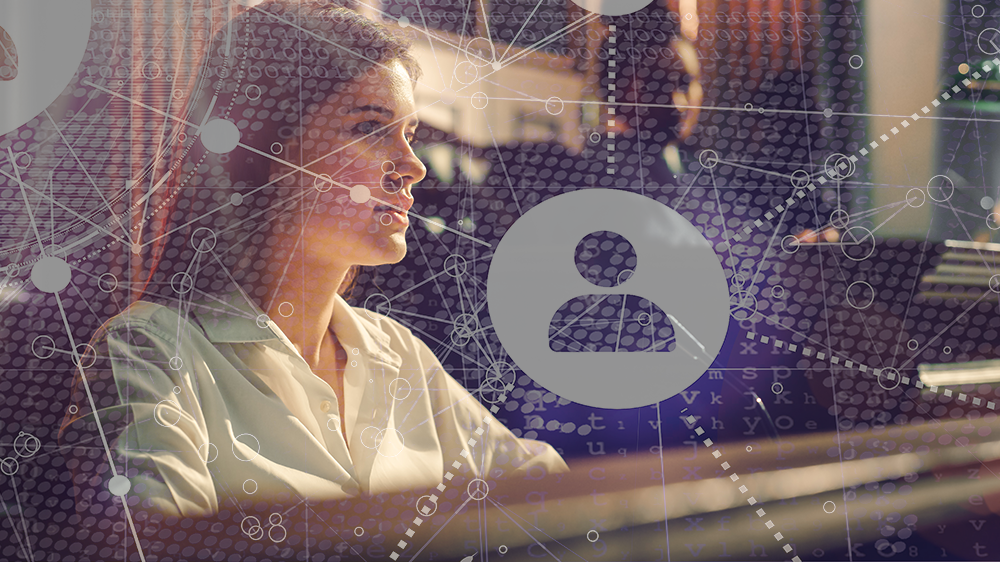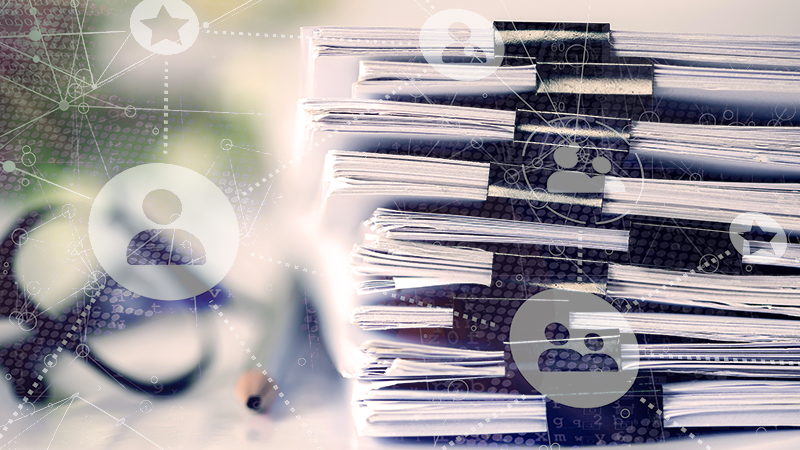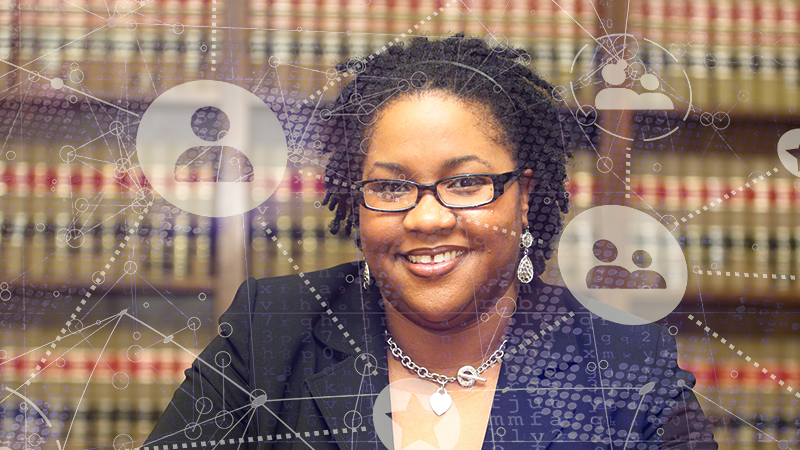Introduction
Hiring an expert witness can significantly influence the outcome of a legal case. Expert witnesses provide specialized knowledge, simplify complex issues, and support the arguments presented in court. Their role becomes especially crucial in cases involving technical matters such as personal injury, criminal law, and civil litigation. Understanding the benefits of hiring an expert witness for your case can offer strategic advantages, enhance credibility, and ultimately help achieve a favorable verdict.
The Role of an Expert Witness
An expert witness is an individual with advanced knowledge, skills, or experience in a particular field relevant to a case. They provide objective, informed opinions to help the court understand intricate matters that fall outside the realm of common knowledge. This ability to interpret complex evidence makes them invaluable in the judicial process.
Why Expert Witnesses Are Essential
Expert witnesses play a multifaceted role in the courtroom. They provide clear and detailed explanations of technical concepts and offer unbiased, fact-based insights. Their testimony can clarify evidence, establish facts, and even dispute opposing expert witnesses. Additionally, their credibility and professionalism often directly impact how jurors perceive the case. In high-stakes situations, the difference between winning and losing may hinge on the strength of the expert’s testimony.
Key Benefits of Hiring an Expert Witness
1. Providing Specialized Knowledge
Expert witnesses possess the knowledge and skills to unravel complex issues that may be pivotal in a case. They break down complicated topics—such as medical procedures, forensic analyses, or financial evaluations—into language that jurors and judges can understand. For instance, in a personal injury trial involving a diving accident, a medical expert can testify about the nature and extent of injuries, explaining how the accident caused specific harm to the plaintiff.
Additionally, expert witnesses can provide insight into industry standards. In professional conduct cases, their testimony can help determine whether the defendant’s actions met or violated accepted norms within their field. This specialized knowledge educates the court and guides jurors toward a clearer understanding of the facts, supporting a fair judgment.
2. Establishing Causation and Liability
Establishing causation is one of the most crucial aspects of many legal cases, especially in personal injury litigation. Expert witnesses play a key role in linking the defendant’s actions to the plaintiff’s injuries. Their objective opinions can explain the sequence of events, demonstrating how specific actions resulted in harm. For example, a forensic expert might analyze accident scene evidence to reconstruct how an incident occurred and identify contributing factors. This analysis helps establish liability, providing the jury with a logical and factual basis for their decision.
In medical malpractice cases, an expert can clarify how a healthcare provider’s actions deviated from the accepted standard of care. By identifying these breaches and linking them to the patient’s injuries, the expert’s testimony strengthens the argument for causation. Such clarity is essential, as it directly influences the jury’s interpretation of the facts and, ultimately, their verdict.
3. Quantifying Damages
Expert witnesses are vital in assessing both economic and non-economic damages. They provide detailed evaluations of injuries, treatments, long-term medical needs, lost wages, and pain and suffering. For example, an economist can calculate the financial impact of an injury on a plaintiff’s future earning potential. This expert opinion is critical for ensuring that the compensation awarded reflects the true extent of the plaintiff’s losses.
Moreover, vocational experts assess how an injury affects the plaintiff’s ability to work and perform daily activities. They consider factors such as age, skills, and employment history to project future earning capacity. Similarly, life care planners provide insights into the long-term medical needs of an injured party, outlining the costs of ongoing treatments, therapies, and assistive devices. Expert witnesses help the court understand the full scope of damages by articulating these needs in monetary terms, making their testimony crucial for securing appropriate compensation.
4. Enhancing Credibility in Court
A qualified expert witness’s presence can significantly enhance a legal case’s credibility. Jurors and judges often rely on expert opinions to make informed decisions. A well-respected expert who can present their findings clearly and confidently adds weight to the plaintiff’s arguments. Conversely, a poorly prepared or biased expert can undermine a case, highlighting the importance of careful selection.
When both sides in a dispute present their expert witnesses, a “battle of the experts” ensues. In such scenarios, the credibility of each expert becomes a decisive factor. Jurors assess not only the facts but also each witness’s demeanor, qualifications, and presentation skills. Therefore, hiring an expert with a strong reputation and clear communication abilities is essential for reinforcing the integrity of your case.
5. Supporting Settlement Negotiations
Expert witnesses often play a strategic role before a case reaches the courtroom. Their testimony can strengthen a plaintiff’s negotiating position during settlement discussions. Defendants may be more inclined to settle when faced with compelling evidence from a credible expert witness. For instance, in personal injury cases, a medical expert’s detailed evaluation of injuries and future medical costs can highlight the severity of the plaintiff’s situation, encouraging the defendant to offer a fair settlement.
Additionally, experts can help quantify the potential outcomes of going to trial, providing both parties with a realistic picture of the possible verdicts and compensations involved. This clarity often prompts early resolution, saving time, legal fees, and emotional stress. Furthermore, settlements tend to be more favorable when backed by a thorough and convincing expert analysis.
6. Preparing for Cross-Examination
Cross-examination by opposing counsel is a challenging aspect of any trial. Expert witnesses train to withstand rigorous questioning while maintaining credibility. They anticipate potential challenges and prepare responses based on solid evidence and methodologies. This preparation helps present a strong case and demonstrates the robustness of the expert’s opinions.
Expert witnesses often identify weaknesses or inconsistencies in the opposing expert’s testimony to leverage during cross-examination. Their ability to effectively refute the opposing expert’s claims strengthens the case, casting doubt on the credibility of the opposing party’s arguments. This “battle of the experts” can sway the jury’s opinion and ultimately impact the trial’s outcome.
Selecting the Right Expert Witness
Selecting the right expert witness is crucial for maximizing the benefits they bring to a case. Here are several key factors to consider:
Qualifications and Field Relevance
The expert’s qualifications must align with the specific issues at hand. For example, an orthopedic surgeon would be more relevant in a personal injury case involving broken bones than a general practitioner. Their expertise in the appropriate field lends authority to their testimony, making their findings more persuasive to jurors and judges.
Reputation and Objectivity
An expert witness with a strong professional reputation is more likely to be respected by the court. Moreover, they must remain objective throughout the proceedings, providing opinions based solely on facts. This impartiality is essential for preserving their credibility and influencing the jury’s perception.
Experience in Courtroom Testimony
An expert’s previous courtroom experience can be a significant asset. Those who have testified in similar cases are more familiar with courtroom dynamics, cross-examination tactics, and legal standards such as the Daubert standard. This experience enables them to present their findings effectively and withstand scrutiny from opposing counsel.
Communication Skills
The skill of simplifying and explaining complex concepts is essential for an expert witness. They must be able to engage the jury, using clear language and visual aids like diagrams or charts to support their arguments. Effective communication helps jurors grasp the nuances of the case, making the expert’s testimony more impactful.
The Long-Term Impact of Hiring an Expert Witness
Hiring an expert witness can have a lasting influence on a case’s trajectory, affecting settlement negotiations and potential appeals. Their detailed analyses and professional insights can shape legal strategies, helping attorneys decide whether to proceed to trial or pursue out-of-court settlements. In some cases, parties might use an expert’s testimony as a foundation for appeals if they contest the trial’s outcome.
Moreover, expert witnesses can provide post-trial support, offering further evaluations or testimony in related legal matters, such as insurance claims or civil suits. Their ongoing involvement can reinforce the initial findings, ensuring consistency and accuracy across all legal proceedings.
How Expert Witnesses Prepare for Trials
Preparation is a crucial aspect of an expert witness’s role. Their ability to present a well-founded opinion relies on a comprehensive approach to evidence gathering, report creation, and argument development.
Evidence Collection and Analysis
Expert witnesses begin by reviewing case files, including medical records, accident reports, financial statements, and other pertinent documents. They may also conduct experiments, simulations, or tests relevant to their field. For example, in accident reconstruction cases, experts use data to model the incident, illustrating factors like speed, impact, and causation.
Report Creation
Once the evidence is analyzed, experts compile their findings into a detailed report. This document outlines their qualifications, methodology, findings, and conclusions. The report serves as a reference during the trial, providing a clear, organized summary of their opinions and supporting evidence.
Developing Persuasive Testimony
Effective expert witnesses craft arguments that jurors can easily understand. They use visual aids to illustrate complex points and prepare for cross-examination by anticipating challenges from opposing counsel. This preparation ensures they can confidently defend their conclusions, strengthening the case’s overall position.
Conclusion
In summary, hiring an expert witness offers numerous benefits that can significantly impact legal cases. Expert witnesses provide specialized knowledge, help establish causation and liability, and quantify damages, thereby strengthening the credibility of the arguments presented in court. Additionally, they play a strategic role in settlement negotiations, potentially leading to more favorable outcomes for the plaintiff.
Selecting the right expert witness is critical. By focusing on qualifications, reputation, experience, and communication skills, attorneys can ensure they choose an expert who aligns with the case’s specific needs. Their involvement enhances the clarity and strength of the evidence presented and assists in navigating complex legal proceedings.
Ultimately, the strategic use of expert witnesses can be a significant factor in a case. Their ability to convey complex information understandably aids judges and juries in making informed decisions. As legal cases become more complicated, the American judicial system increasingly relies on expert witnesses.
Hiring an expert witness is an investment in the strength and credibility of a legal case. Whether in personal injury, civil litigation, or other legal matters, their expertise is often the key to achieving a just and favorable resolution. If you’re involved in a legal dispute, consider consulting with an expert witness to gain a critical advantage in your case.
Read more:
- The Journal of the American Academy of Psychiatry and the Law | Expert Witness Confidence and Juror Personality: Their Impact on Credibility and Persuasion in the Courtroom
- National Library of Medicine | A Brief History of the Expert Witness
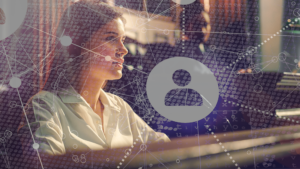
Read Related Blogs:
Are you an expert?
Join a thriving community of over 15,000 experts at Expertinfo.com, where your knowledge is valued and your expertise makes a difference. With 40 years of experience in connecting experts like you with attorneys who need your specialized skills, we’re dedicated to facilitating successful collaborations. Don’t miss the opportunity to impact critical legal cases and expand your professional network. Reach out today and become part of our extensive database of leading experts. Your expertise isn’t just needed—it’s essential. Connect with us now and start making a difference!


